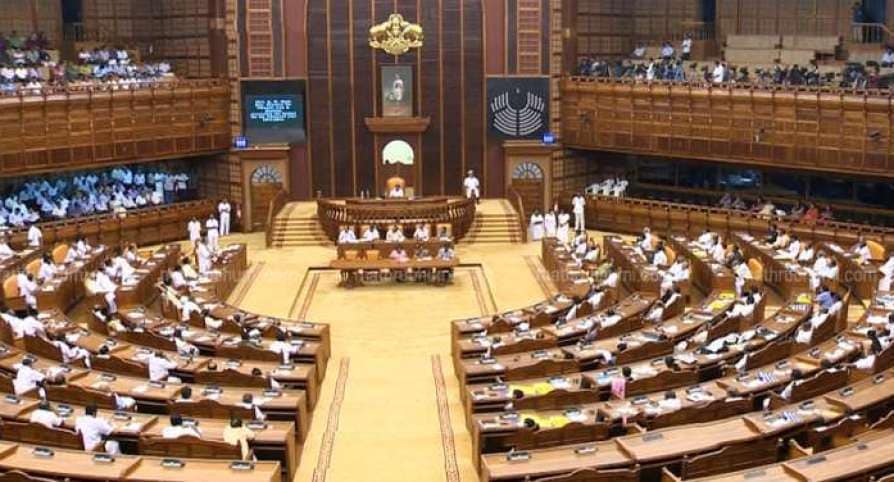The resolution passed by the Kerala Legislative Assembly against Centre’s farm laws received an unlikely support. It got support from the lone member of the Bharatiya Janata Party (BJP) Olanchery Rajagopal.
Speaker P Sreeramakrishnan said that the resolution was passed unanimously through a voice vote at the special session of the Assembly.
Rajagopal did not stage a walkout and later agreed to the points in the resolution. He was Minister of State for Railways in Atal Bihari Vajpayee’s cabinet.
This has come as a major embarrassment for the BJP in the middle of the farmers’ protests. The president of the state unit of the party, K Surendran, said that he will check what Rajagopalan said in the assembly. Surendran also said that he does not think a senior leader like Rajagopalan will take a contrary view.
Punjab had become the first state to pass a resolution against the contentious farm laws in October.
The BJP-led central government has said that the “landmark” laws are beneficial for small farmers and will give them choice to sell their produce as per their choice. The laws, passed by Parliament in September, essentially intend to change the way India’s farmers do business by creating free markets as opposed to a network of decades-old, government marketplaces which allow traders to stockpile essential commodities for future sales. These laws also lay down a national framework for contract farming.
Together, the laws will allow big corporations to buy directly from farmers, bypassing decades-old regulations.
But these laws have triggered protests near Delhi with several farmer-unions coming together with the demand that the Centre repeal them. Farmers say that the reforms will make them vulnerable to exploitation by big corporations, erode their bargaining power and weaken the government’s procurement system.
Many opposition parties have supported the farmers, with the Congress reiterating their demand of scrapping of these laws. The Nationalist Congress Party (NCP) has accused the government of not listening to the farmers.
Several rounds of talks between the government and the farmers have so far failed to break the deadlock. However, in the latest (sixth) round of talks on Wednesday, the Centre acceded to the demand to spare farmers heavy fines for crop-residue burning, as provided for in an anti-pollution ordinance, and to continue the current mechanism of giving subsidized power for agricultural use.





